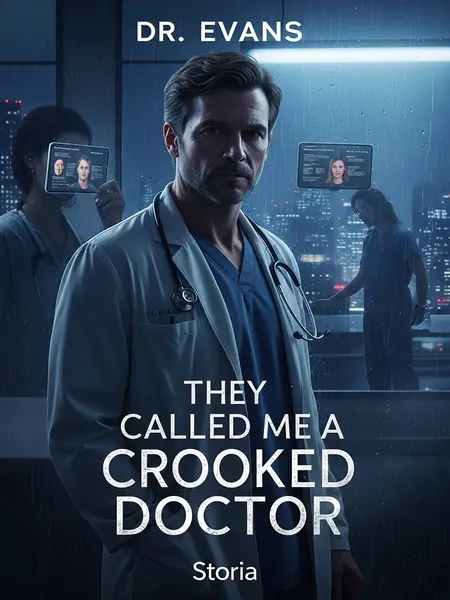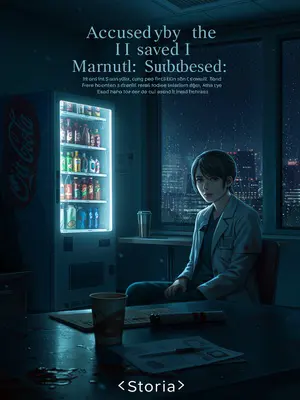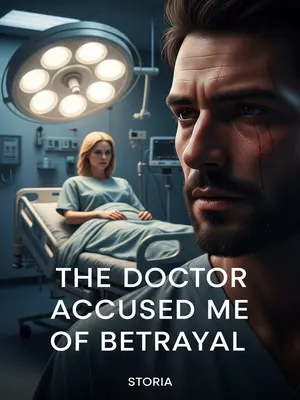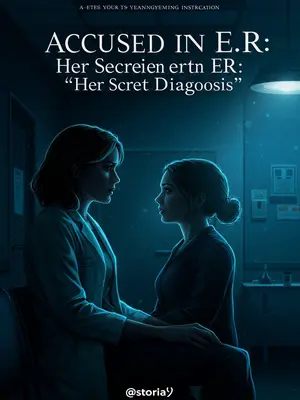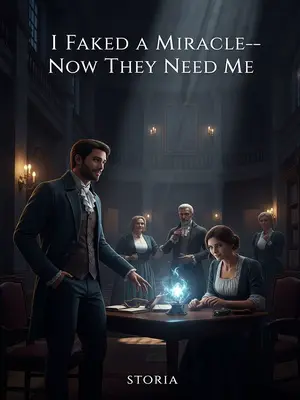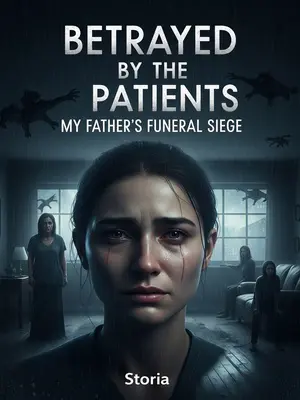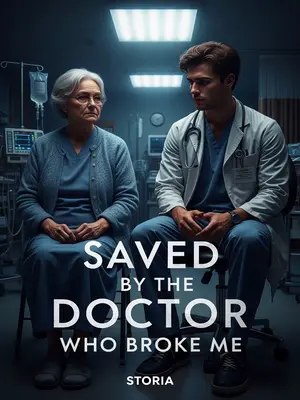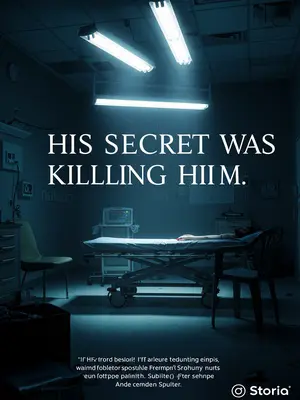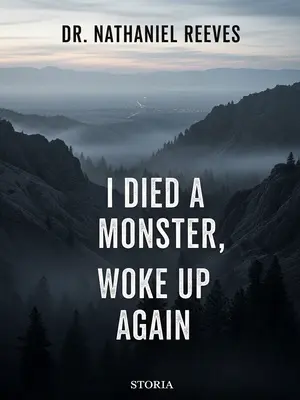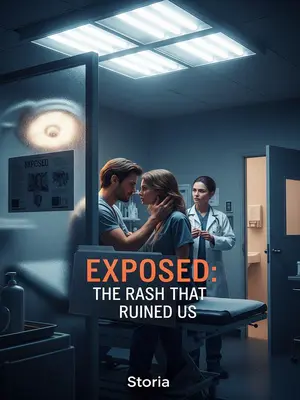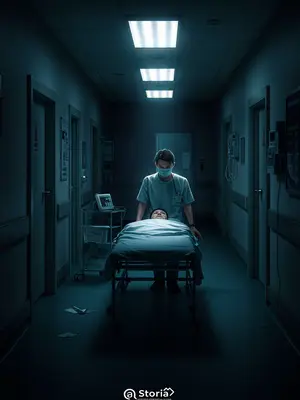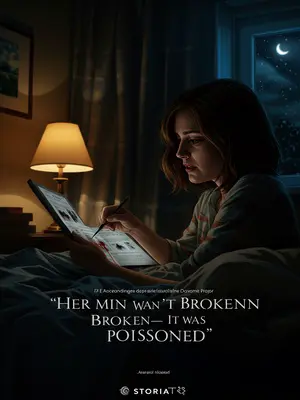Chapter 1: The Call That Changed Everything
My former med school buddy called, practically pleading with me to come in as a consulting surgeon for his patient.
The phone rang just as I was settling in for one of those rare, peaceful evenings at home. The second I heard Chase’s voice—frantic, a little desperate—I was instantly transported back to our residency days. Those endless on-call nights, hustling through the hospital halls, fueled by caffeine and adrenaline. We’d survived so much together. For a moment, I just sat there, remembering. There was something in the way he asked—a blend of old friendship and that anxious edge only another doc would catch—that made it almost impossible to turn him down. Somewhere in the background, I caught the muffled beep of a hospital monitor. It was a subtle reminder: this was urgent. This was real.
I said yes, agreeing to help out, and took $400 to cover travel expenses—nothing more, nothing less. As I hung up, I couldn’t help but think about what made me say yes. Loyalty? Guilt? Maybe both.
Honestly, it wasn’t much—just enough to cover the basics: a flight, gas, maybe a cheap motel if I needed one. I didn’t try to bargain or squeeze anything extra out of him. That’s just how we do things. It was a handshake deal, the kind you make with someone you trust, and I never thought twice about it. I swear, four hundred bucks barely gets you across state lines these days, but for a friend, you just make it work.
The surgery went off without a hitch. Both the patient and I were happy with the outcome.
It was one of those rare days when everything just clicks. The team moved smoothly, every instrument was right where I needed it, and the patient pulled through like a champ. I’ll never forget the relief on her face as she woke up, or the way her daughter squeezed my hand and mouthed a silent thank you. For a brief moment, it felt like all the long hours and stress were worth it. Even Chase looked like he could finally breathe again. The tension in his shoulders melted away, and I realized how much he’d been carrying.
But on the day the patient was discharged, her family dropped a bombshell: they released a secretly recorded video, accusing me of corruption—claiming to blow the whistle on me:
“My mom was lying in the OR, and he blocked the door, saying he wouldn’t start unless we gave him a cash bribe. What was I supposed to do?”
“To avoid leaving a paper trail, he insisted on cash—no Venmo or checks.”
“Four hundred dollars. My mom can’t even make that much selling a year’s worth of produce.”
“Demanding a bribe out in the open—this is what medicine’s become?”
The video was grainy, shot from waist-level, shaky like someone was hiding their phone. The voices were raw, thick with outrage. You could practically feel the internet’s collective finger wagging through the screen. Typical—it was exactly the kind of thing that blows up online before you can even catch your breath.
I was shaking with anger. Four hundred bucks wouldn’t even cover their gas and hotel to get to a big city hospital, let alone my consultation.
My hands balled into fists, knuckles turning white. I paced the kitchen, replaying the whole scene over and over—how I’d tried to refuse the cash, the awkwardness of it, the way Frank kept shoving the money at me like it was some kind of test. I pictured the long drive they’d have to make to Columbus or Chicago, the cost of a single night in a hotel, never mind what a specialist would actually charge. The injustice of it all just burned in my gut.
Half a year later, his mom relapsed and needed another surgery. I couldn’t help but think, here we go again. Some lessons just don’t stick.
The irony wasn’t lost on any of us. Of course they don’t keep secrets in small towns—word got around fast. It was like déjà vu, except now there was a wall between us and them, built out of suspicion and bitterness. I wondered if they’d even dare ask for help again, or if their pride would keep them away. Either way, things had changed.
Everyone in our old residency group declared, “We’re not doing out-of-town consults anymore.”
It was an unspoken pact, but it spread like wildfire. No more favors, no more flying out for emergencies. We all had families, reputations, and enough stress without getting dragged through the mud by the very people we were trying to help. Afterward, there was this heaviness, a sense of loss—like a door quietly closing on a part of ourselves we used to be proud of. I missed those days, even as I understood why they were gone.
That day, I’d just finished a surgery when my buddy called:
“Dude, we just admitted a lady in her sixties with a bunch of underlying issues. I’m not super confident…”
He sounded sheepish, almost like a kid asking for a favor. I could hear the weariness in his voice, the way he hesitated before asking for help. There was a pause—he was waiting for me to say no, but you could tell he was hoping I wouldn’t. In the background, the shuffle of nurses and the steady beep of monitors reminded me just how isolating those rural hospitals could feel.
My friend, Chase Morales, is the youngest of our old mentor’s students. He had that easy smile, that smooth charm—no wonder our attending and his wife doted on him.
Chase was the kind of guy who could talk his way out of a speeding ticket or into an extra slice of pie at Thanksgiving. He was the golden boy, the one everyone rooted for, with a knack for making people feel at ease—even when things were falling apart. Our mentor, Dr. Walker, used to joke that Chase could sell sand in the desert. Mrs. Walker would sneak him homemade cookies during rounds. We all gave him a hard time, but honestly, he’d earned every bit of it.
He said he wanted to stick close to his parents and give back to his hometown, so after graduation, he went back to his small Ohio county and became a doctor at the local hospital.
Most of us scattered to big cities, chasing fellowships and fancy titles. Not Chase, though. He went home, hung his diploma on the wall of a hospital that still smelled like the seventies, and started treating the people he grew up with. Sometimes he’d send us photos—cornfields out the window, the same diner from high school, his mom dropping off casseroles for the nurses. That was just who he was. There was pride in his voice every time he talked about it, like he was exactly where he was meant to be.
The hospital’s equipment and tech are pretty outdated, and Chase hasn’t been out of med school long—he doesn’t have much hands-on experience, so there are some surgeries he won’t attempt alone. Every now and then, you know, he calls us for help.
He’d admit it, too—no shame in asking for backup. The OR lights flicker, the monitors lag, and sometimes the only thing between a good outcome and a disaster is a phone call to someone you trust. We’d joke about it, but deep down, we all knew how hard it was to be the only specialist for miles, with everyone counting on you. That kind of pressure? It’s a whole different ballgame.
I chewed on my bagel. “Send me her chart. Let me take a look.”
The bagel was cold, cream cheese smeared lopsided. I took a bite anyway, balancing my phone on my shoulder and scrolling through old texts as I waited. Routine stuff, but my brain was already running through worst-case scenarios. That’s medicine for you—you’re never really off the clock.
Soon, a message came through on Facebook Messenger. Chase briefly explained the case and attached the test results.
My phone buzzed, and I opened the attachments, squinting at the images. The scan was fuzzy, but the numbers checked out. Chase’s summary was clear and to the point—he’d always been a stickler for details, and it made me trust his gut that much more. I found myself nodding, reassured by his thoroughness.
Honestly, it wasn’t even that tough a case, so I agreed. “Then have her come to our hospital. I’ll set up a bed for her.”
I was already mentally shuffling my schedule, figuring out where I could squeeze her in. Chicago’s not a short drive, but at least we had the resources, the backup, and if things got hairy, we could call in the cavalry. It felt like the safest bet for everyone involved. Sometimes you just know what’s right.
Chase hesitated:
“Her family’s in a rough spot, and there’s an elderly cancer patient at home. They’re close to selling their house to pay for treatment. Your appointments are hard to get. If she comes all the way to Chicago to see you, not to mention the travel and hotel costs, I doubt she can handle all that back and forth.”
His words hung heavy in the air. I pictured a weathered farmhouse, bills stacked high on the kitchen table, a family stretched thin. I heard the guilt in his voice, and I knew he hated asking for more than I could give. It was hard not to feel it, too.
